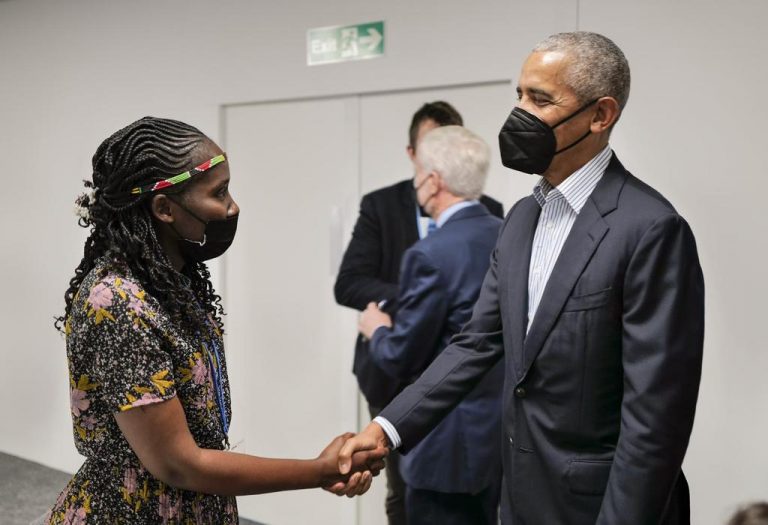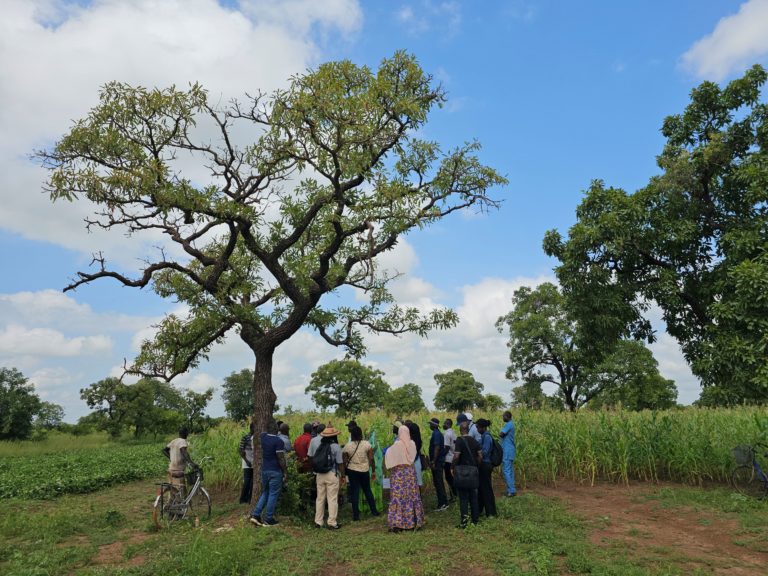Gender inequalities show and deepen in times of pandemic
Blog post by Dennis Avilés-Irahola, Tina Beuchelt, Christine Schmitt, Sarah Nischalke, Eva Youkhana and Franziska Geiger. The authors are members of the Gender Group at ZEF.
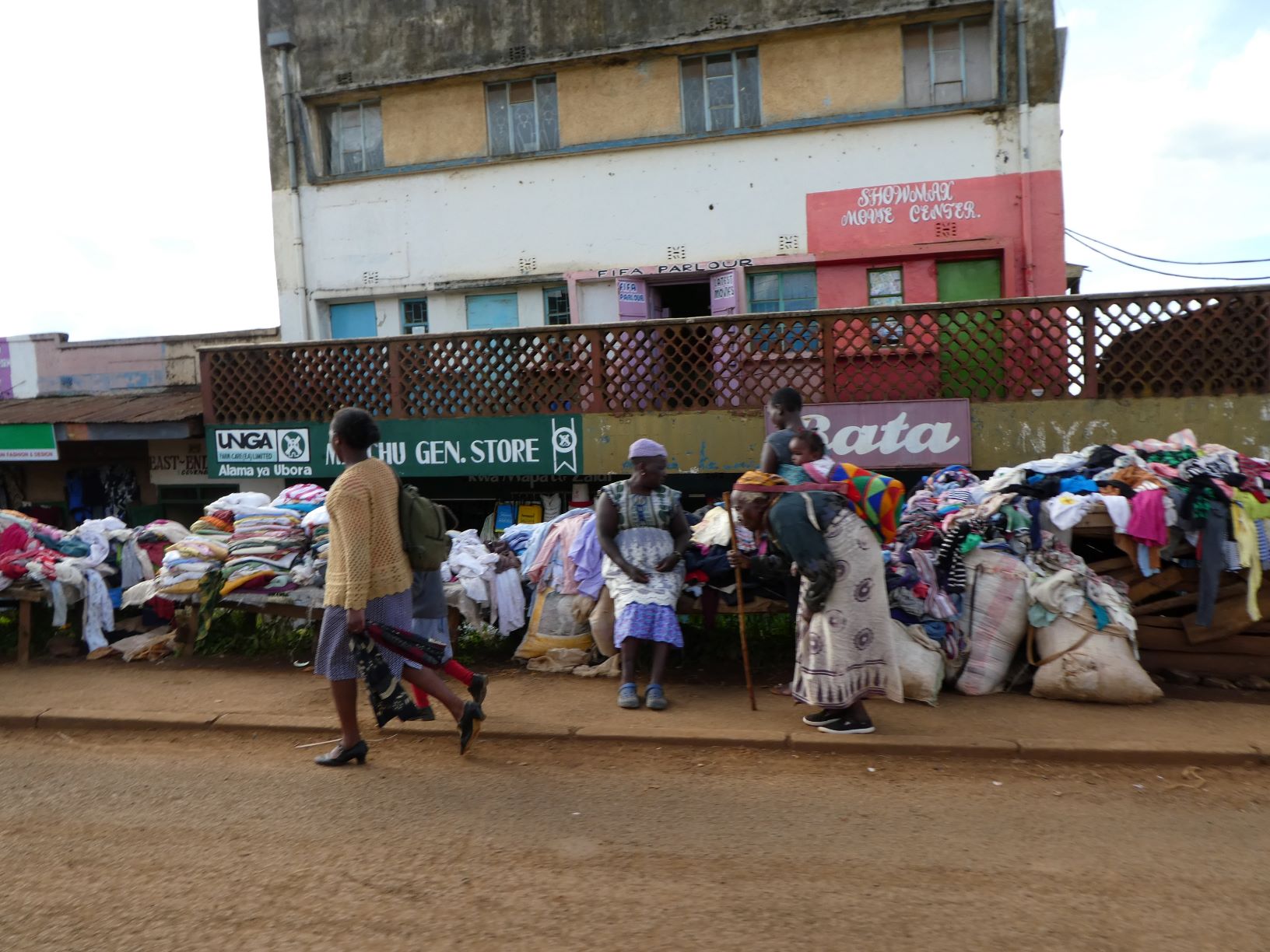
One would not have expected a vicious virus causing a respiratory disease to discriminate in its life-threatening passage. Yet, according to conventional wisdom, inequalities are revealed when disaster or crisis strike. Moreover, misfortunes do not happen in a social vacuum, but find different expressions in specific contexts and groups of people. So what are the impacts of the COVID-19 pandemic on women and men beyond the disease per se? Do women have different experiences than men? Is it possible at all to pose such a general question considering that other factors such as place of residence, age, culture and other socio-economic conditions also play a role? In this blog post, we will focus on the situation of women in the Global South, where severe inequalities are often part of their daily lives.
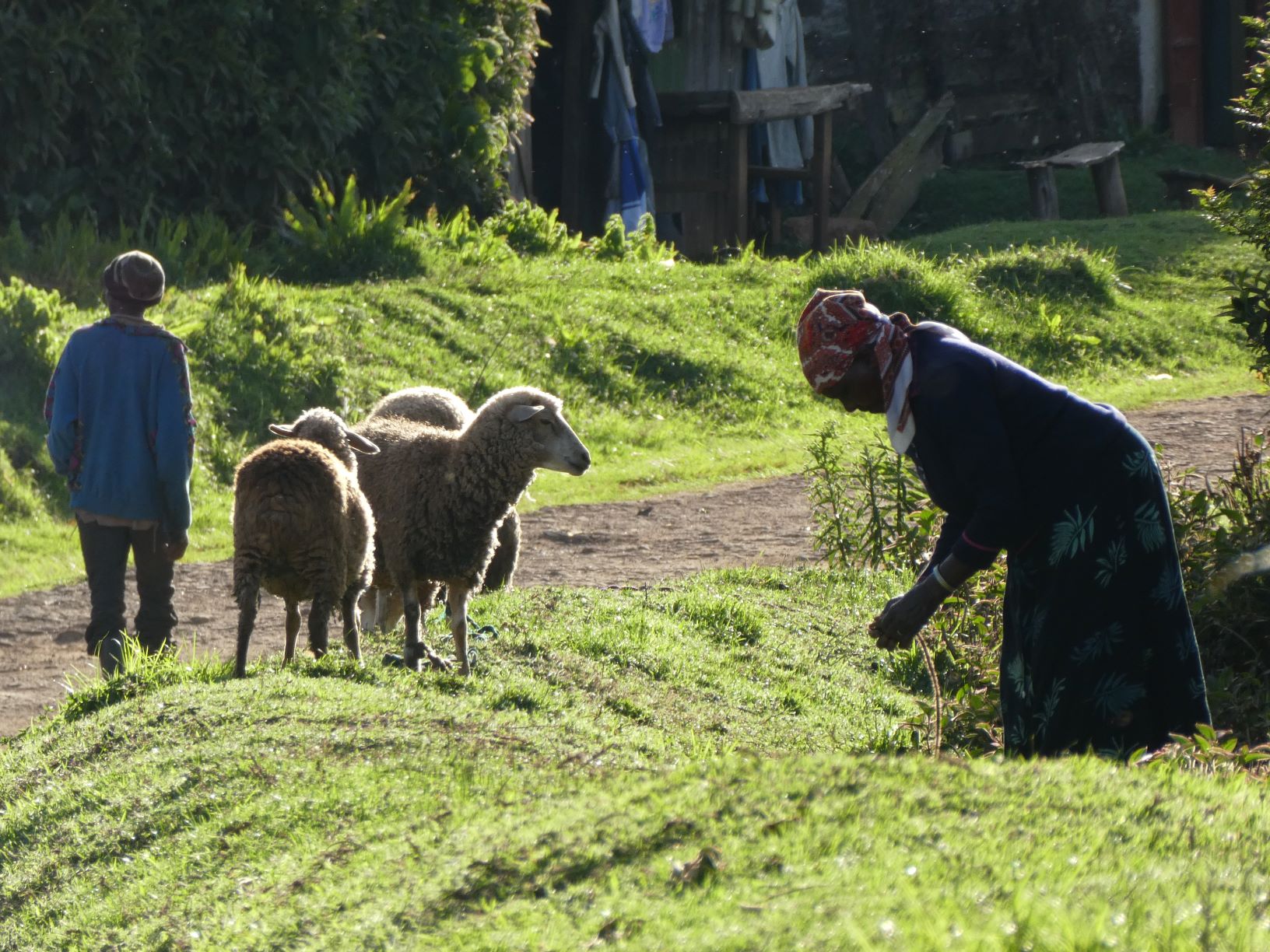
Care, health care: women everywhere
Let us consider the health care dimension first. Women are at the forefront of care work worldwide, at home as well as in the public health sector. The World Health Organization (2020) [1] reports that the largest occupational group within the health sector consists of nurses, accounting for approximately 59% of health-related professions. Approximately 90% of the nursing personnel is female. As nurses mostly do not hold leadership positions they rarely get to make crucial decisions. Moreover, “there is some evidence of a gender-based pay gap, as well as other forms of gender-based discrimination in the work environment” (World Health Organization, 2020, p.7). Currently, as the news reports inform us every day, even rich countries are struggling to provide enough Personal Protective Equipment for staff working in the formal health care system. The situation is even worse in countries with weak health-care systems.
Unpaid jobs are often women’s jobs
At home, women perform a vast majority of unpaid and underpaid care work, such as cooking, cleaning, fetching water and firewood and taking care of the elderly and the ill (see Figure 1)[2]. Women in rural communities and low-income countries spend up to 14 hours a day on unpaid care work, which is five times as much as men in such communities do (Oxfam, 2020)[3]. Most economies in the world do not list unpaid women’s care work in their national statistics or policies, even though the global value of the work done by women above the age of 15 has been estimated to be three times the size of the world’s tech-industry (Oxfam, 2020). Therefore, invisible women continue to bear the burden of weak public (health) care systems. A pandemic as the one we are witnessing today adds to the gender inequalities in unpaid and underpaid care work and to the precarious living conditions of millions of women on the globe.
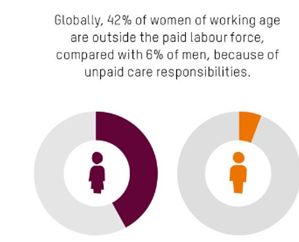
Fig 1: Women’s unpaid care work compared to men’s (Oxfam, 2020).
Domestic violence: the pandemic within the pandemic
Another dimension of the convergence between the current pandemic and the disadvantaged position of women in many societies is sadly reflected by the rise in domestic violence. Domestic abuse against women has increased to such a high level worldwide that UN General Secretary Antonio Guterres has urged all governments to make the prevention and redress of violence against women a key part of their national response plans for COVID-19.[4] Some of these abuses have even resulted in a tremendous increase in feminicides. The Organization of American States denounced that in Latin American countries[5] more women have died due to gender-related violence while in quarantine than from the Corona virus. Economic worries and psychological distress could never justify, or even explain, this pandemic within the pandemic. It is the deep roots of social organization around male’s authority and a disproportionately large share of power that needs to be addressed when searching for underlying causes. So far, media coverage of global initiatives against gender-based violence in the face of the COVID-19 pandemic has been low. Yet, the gravity of the problem will show by its lasting social and economic costs.
Informal sector: women’s business
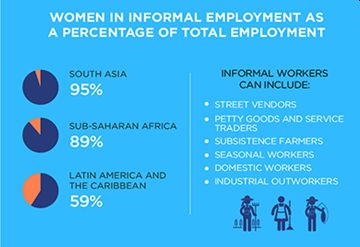
Fig 2: Women in informal employment as percentage of total employment (UN Women 2016).
Another issue we have to look at are the side-effects of the “lockdown” approach adopted by most countries. One reason for governments to impose a lockdown is to prevent their unprepared health systems from collapsing. This policy has been life-threatening to people working in the informal sector, such as street vendors, domestic workers, casual laborers, subsistence farmers and seasonal agricultural workers. UN Women (2016) reports that in several regions of the world women make up the majority of informal or temporary workers (see Figure 2)[6]. Women working in the informal sector or with temporary contracts mostly lack access to proper health insurance arrangements and other safety nets[7] and are thus among the first to lose their source of income. If, moreover, women are caught up at the intersection of migration or illegal residence, they do not even have access to social benefits or health care facilities.
Food (in)security
Having an income to buy food or owning the assets to produce your own food is essential for achieving food security. Closed borders, disruption of trade and markets as well as travel restrictions can reduce the availability of food and raise food prices at national and local levels. Travel restrictions can also hinder smallholders’ access to markets where they usually purchase necessary farm inputs for the growing season or sell their crops. Smallholder farmers often spend a lot of money on buying food as they do not produce enough of their own to cover their households’ needs. Or they are, just like urban poor households, hit by rising food prices. This can also have an impact on who has access to food within a household. Generally, women are more vulnerable to hunger and malnutrition than men. In many regions in Asia and Africa, women and girls in poor households are often the first to cut down on food consumption if food becomes scarce. Many women are already under- and malnourished and hence may be more severely affected if infected with the Covid-19 or forced to reduce their food consumption. When pregnant or breast-feeding women cut down on their food consumption, this can have a long-term impact on the cognitive and physical development of their child[8].
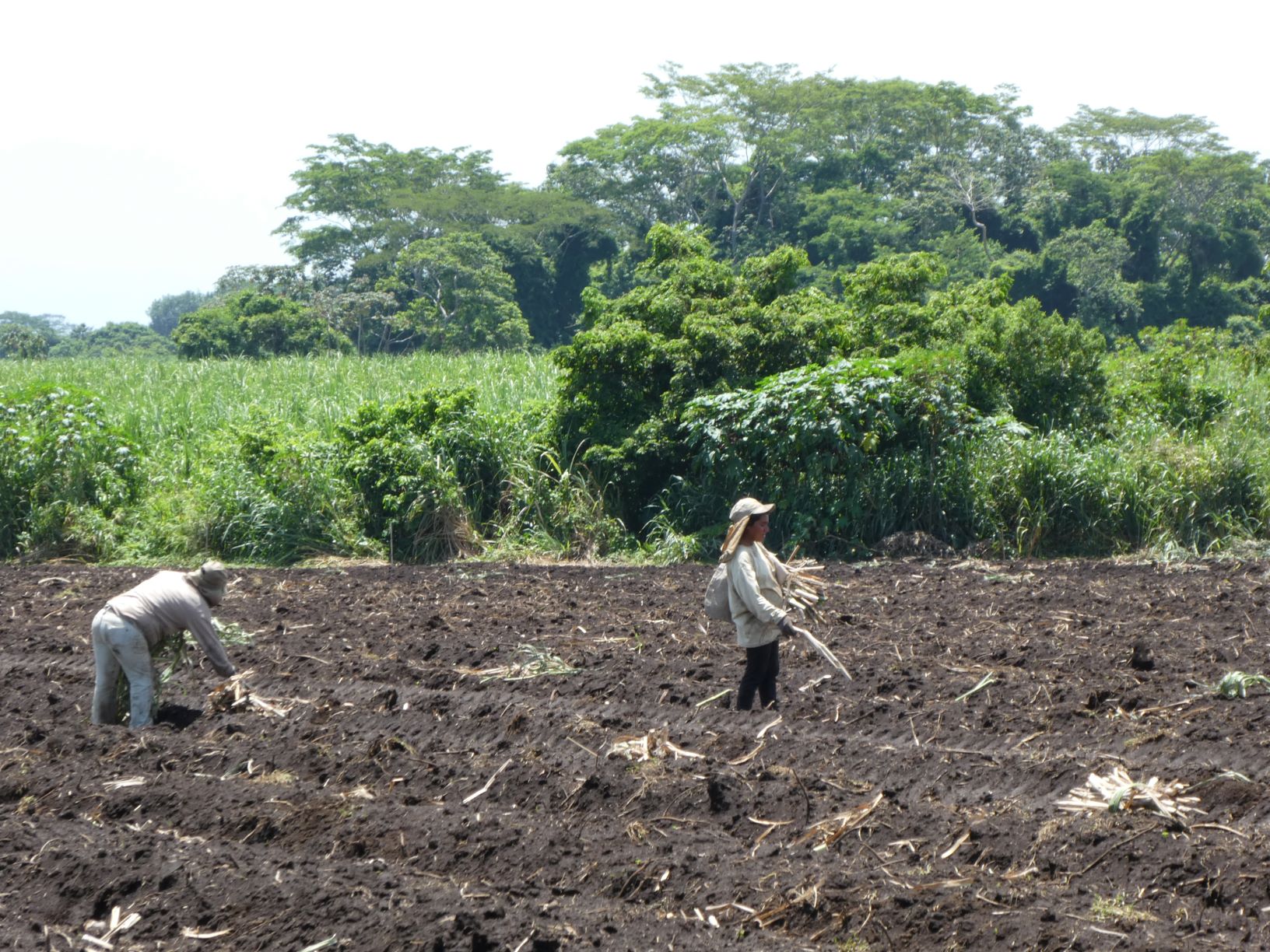
Opportunities
Even though the current crisis may seem bleak, we see some opportunities as well. The lockdown has shown how important local food production is, which may bring opportunities for local women and smallholders. When less food is traded, demand and prices for local products increase. In this case, women may be better able to market their crops which may make it worthwhile for them to grow more vegetables. To make those women benefit to a larger extent, the linkages of farmers to different market channels need to be strengthened, e.g. through providing cheap and safe transportation services in remote areas. Despite current travel restrictions a controlled access to various market channels should be allowed and safe selling opportunities for crops and vegetables provided. If women are to become more autonomous, they need better access to land, credit and education. This is more important than ever.
Gender-based discrimination can be changed
Health, violence, income inequalities and food production are not only development issues but also human stories beyond dry statistics. Currently, these stories are more and more linked up to the pandemic in governmental and activists reports and, slowly, academia is catching up too. While looking at these stories, covered in reports, statistics and studies, it is fundamental to remember that disaster strikes differently to specific groups of people and that among all forms of discrimination, gender-based discrimination is the most universal. So it is long due to work on universal social protection measures that reflect an understanding of women’s specific contribution to the care economy and to family livelihoods. In parallel, it is key to understand and act upon the fact that if women’s access to land, credit, formal employment, insurance, safety nets improves, society as a whole will benefit and be more resilient in times of crisis. It is more complex, but fundamental, to work towards changing gender norms that subordinate women in society. Raising awareness and setting up hotlines for domestic abuse and violence have had a certain positive impact, but it is the task of both women and men[9] to transform gender roles and hierarchies so that gender inequalities will be unrooted. The current pandemic highlights global, regional, socio-economic and gender asymmetries but also brings about opportunities for positive change.
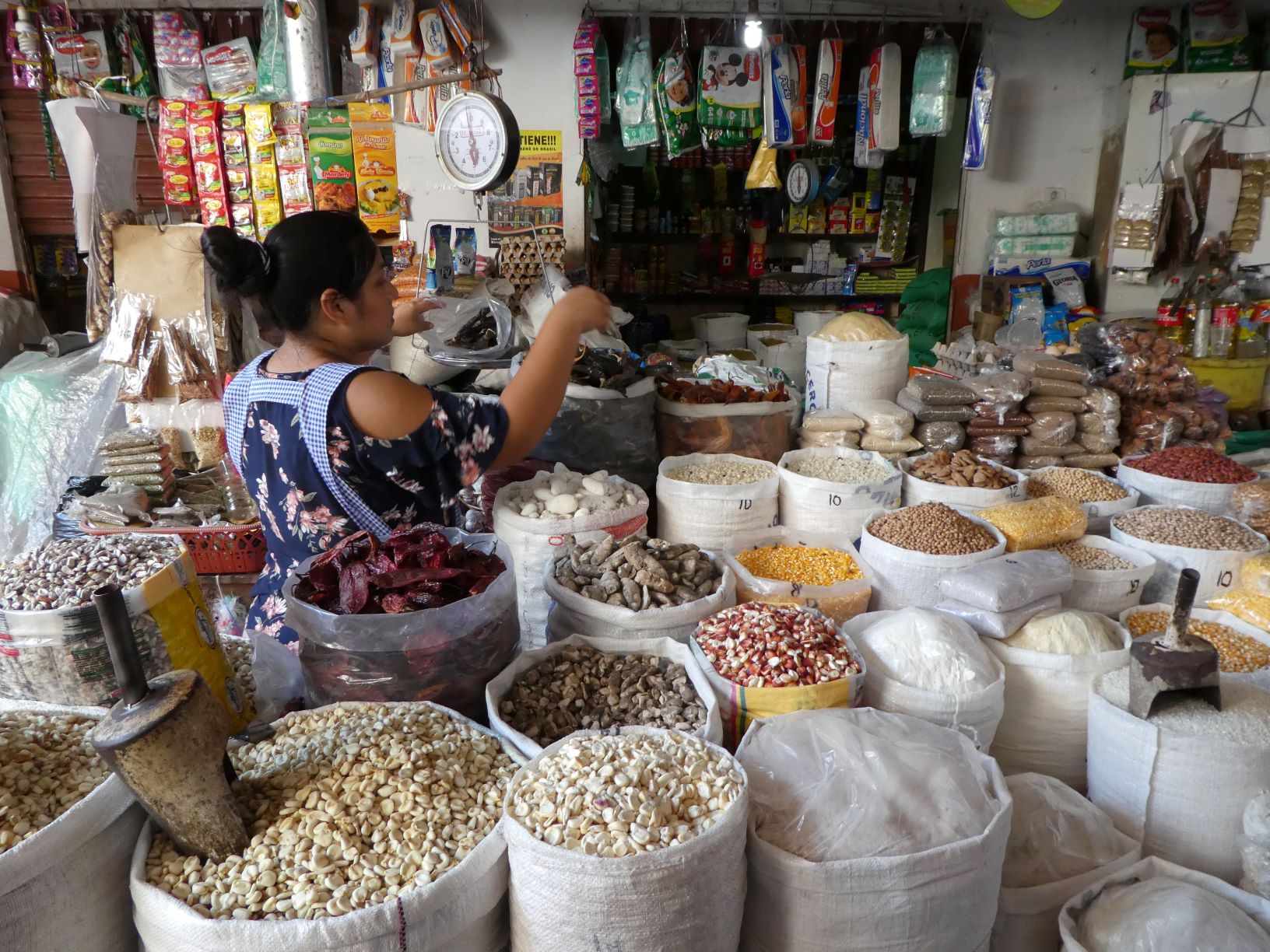
References:
[1] World Health Organisation (2020). State of the World’s Nursing. Available at: https://apps.who.int/iris/bitstream/handle/10665/331673/9789240003293-eng.pdf
[2] World Health Organisation (2020). State of the World’s Nursing. Available at: https://apps.who.int/iris/bitstream/handle/10665/331673/9789240003293-eng.pdf
[3] Oxfam (2020). Time to care. Unpaid and Underpaid Care Work and the Global Inequality Crisis. Available at: https://oxfamilibrary.openrepository.com/bitstream/handle/10546/620928/bp-time-to-care-inequality-200120-summ-en.pdf?sequence=7&isAllowed=y
[4] https://www.voanoticias.com/a/latam-oea-mas-muertes-mujeres-feminicidios-coronavirus-covid19/5365292.html
[5] U.N. Secretary-General António Guterres warned of a ‘horrifying surge in domestic violence” on April 6t. Available at: https://www.npr.org/sections/coronavirus-live-updates/2020/04/06/827908402/global-lockdowns-resulting-in-horrifying-surge-in-domestic-violence-u-n-warns?t=1587316666117
[6] UN Women (2016). Women in Informal Economy. Available at: https://www.unwomen.org/en/news/in-focus/csw61/women-in-informal-economy
[7] https://unctad.org/en/pages/newsdetails.aspx?OriginalVersionID=2319
[8] Martorell, Reynaldo (2017): Improved nutrition in the first 1000 days and adult human capital and health. In: American journal of human biology: the official journal of the Human Biology Council 29 (2). DOI: 10.1002/ajhb.22952.
[9] Initiatives such as the HeForShe Movement (https://www.heforshe.org/en/movement) show the commitment of men and women, indistinctly, to help achieve gender equality.


